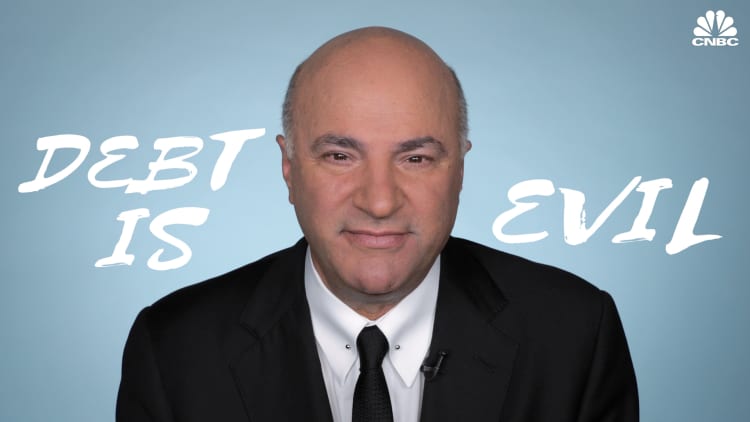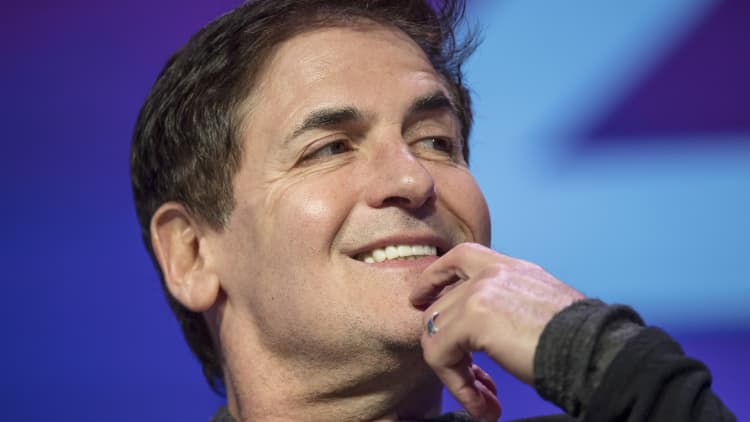When used responsibly, credit cards can earn you hundreds of dollars in rewards, offer luxurious travel perks or simply build your credit score. But when misused, they end up costing you, big time.
A common way people misuse their cards is paying bills late. Just over 20 percent of Americans say they've made a delinquent credit card payment, meaning they were at least 30 days overdue, according to NerdWallet's 2018 Consumer Credit Card Report. In the first quarter of 2018 alone, $23 billion worth of all credit card debt in the U.S. was delinquent.
Your first late payment fee is at most $27 but, if you continue paying late, the penalties can get as high as $38, depending on your agreement with your credit card issuer. For the 21 percent of Americans who have made a delinquent payment, the first-time late fees alone add up to more than $1.4 billion, NerdWallet points out.
"Being delinquent on your credit card can have a huge negative impact on your finances. Not only do you have to pay late fees, but the interest can grow over time and in some cases your credit score drops, too, making future loans more expensive for you," says NerdWallet credit card expert Kimberly Palmer.

The larger your balance, the more interest you have to pay. The average U.S. household with revolving credit card debt pays almost $900 in interest each year.
If you're more than 60 days late on a payment, some cards hit you with a penalty APR. That can mean raising your interest rate to as much as 30 percent — indefinitely.
Because of all these costs, billionaire Mark Cuban calls paying off credit card debt "the best investment you can make."
Over a third of the respondents in NerdWallet's survey said they were delinquent on a payment because they simply forgot to make it. That was the most popular answer, followed closely behind by 33 percent who said they had to prioritize paying for essential items, and 32 percent who had to cope with an unexpected emergency.
Over half of the respondents wrongly expected spending on nonessential items to be the most common cause for delinquency, whereas only 16 percent of respondents gave that as a reason.
Those surveyed were also wrong about which generation was most likely to have serious credit card delinquencies, lasting 90 days or more: 42 percent assumed it was millennials but, as NerdWallet notes, according to a study by TransUnion, those in Gen Z were actually the most likely.
To keep forgetfulness from leading to delinquency, you can automate your payments. And to have some cushion in the event of facing an unexpected cost, experts recommend prioritizing saving for an emergency fund — even if you're already in debt.
"An emergency savings fund works as an invisible force shield against future credit card debt," Palmer says. "When an unexpected expense pops up, you can turn to your savings instead of to a credit card, eliminating your risk of becoming delinquent and paying interest and fees."
Don't miss:
Like this story? Subscribe to CNBC Make It on YouTube!




